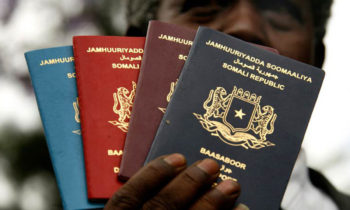 Top Somalia immigration officials Said that the Norway government recognized Somalia Diplomacy Passport . The Director of Immigration in Norway, said that the government recognized the passport diplomat which mostly government officials use.
Top Somalia immigration officials Said that the Norway government recognized Somalia Diplomacy Passport . The Director of Immigration in Norway, said that the government recognized the passport diplomat which mostly government officials use.
The director said that he traveled to various countries in Europe to discuss how to recognize the Passport of Somalia.
Mohamed Aden Kofi, said the diplomat’s passport, recognizing is a step forward, and other European countries will accept to persuade Somali passport.
Somali leaders use to travel passport of diplomat, The last government official used this passport is the Minister for Foreign Affairs Yusuf Garad Omar.

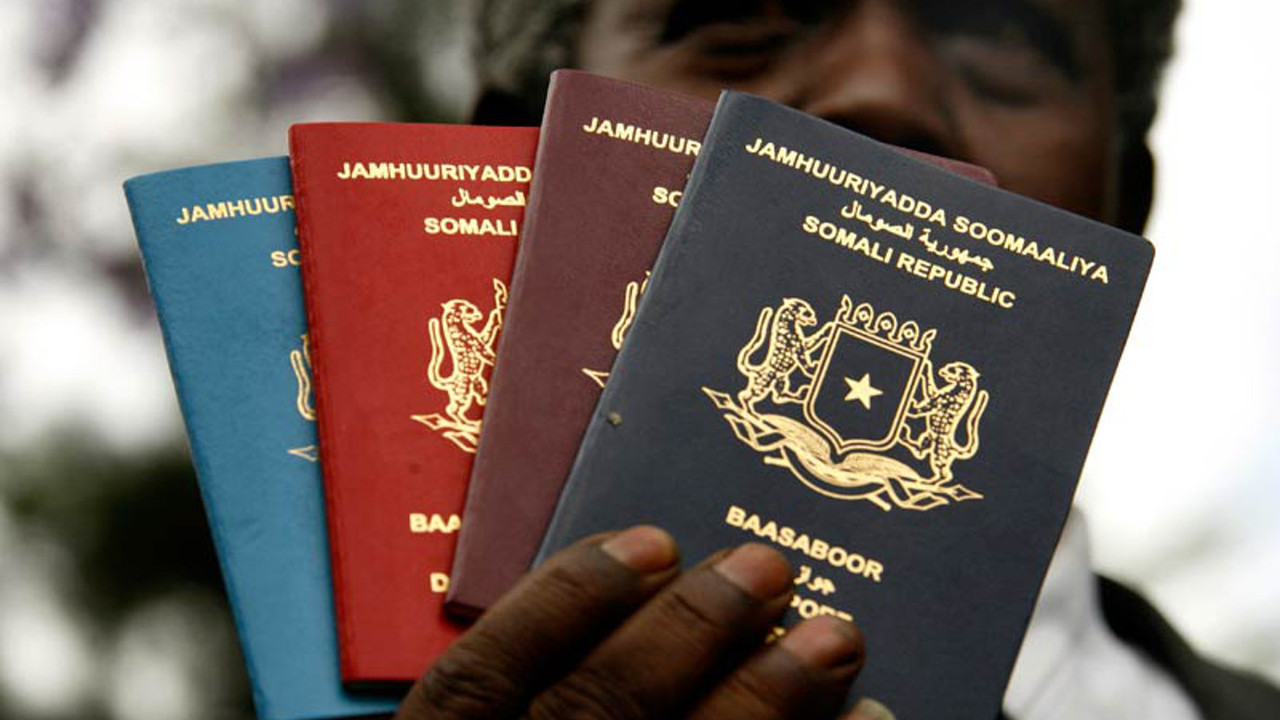
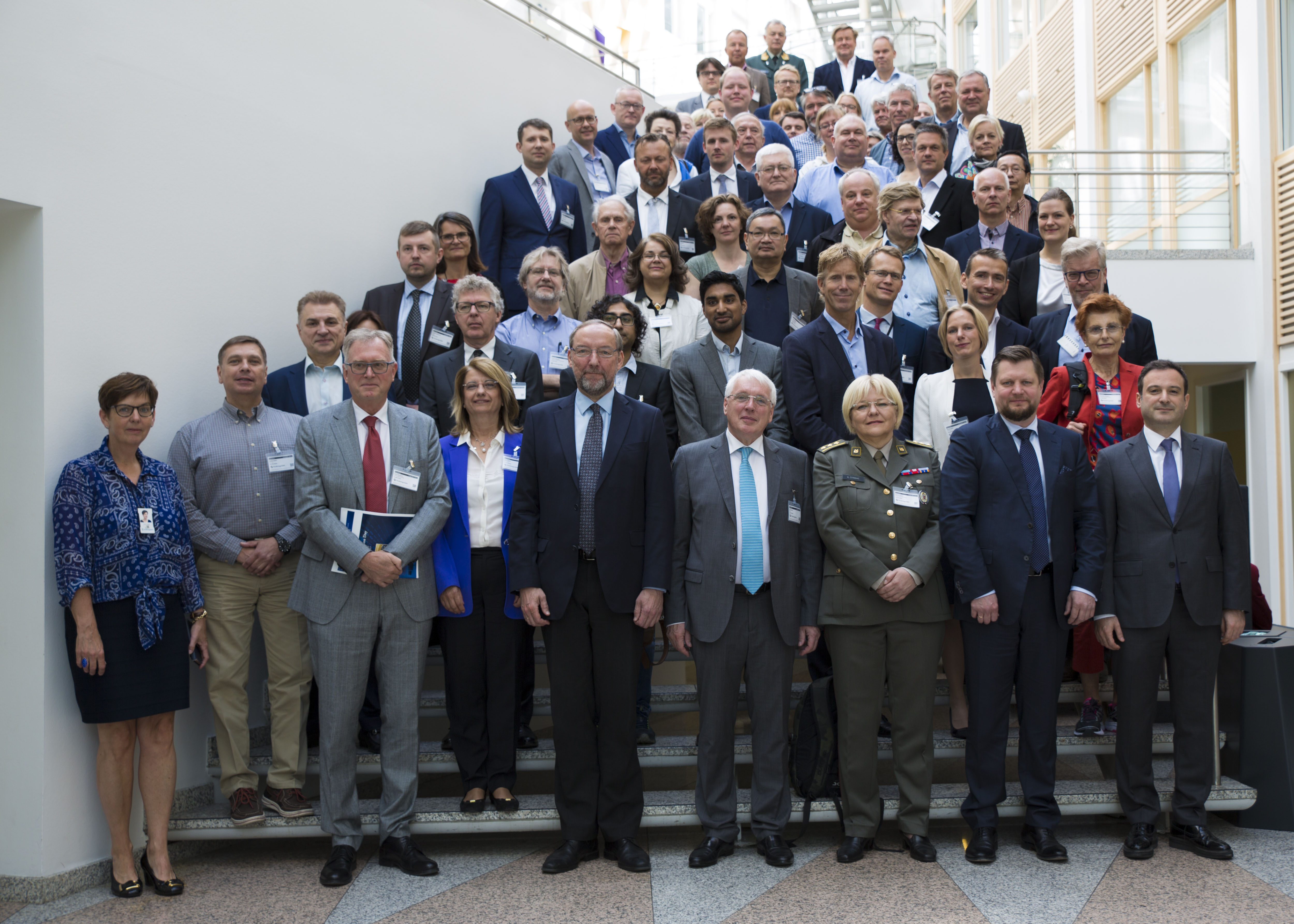
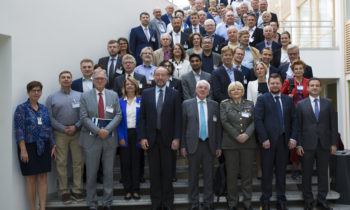 Scientists and experts from Norway and NATO partner countries discussed opportunities for practical cooperation to address common emerging security challenges during a Science for Peace and Security (SPS) Programme Information Day held in Oslo on 14 June 2017. Successful cooperation between Norway and NATO’s SPS Programme included activities in the areas of Women, Peace and Security and unexploded ordnance (UXO) detection.
Scientists and experts from Norway and NATO partner countries discussed opportunities for practical cooperation to address common emerging security challenges during a Science for Peace and Security (SPS) Programme Information Day held in Oslo on 14 June 2017. Successful cooperation between Norway and NATO’s SPS Programme included activities in the areas of Women, Peace and Security and unexploded ordnance (UXO) detection.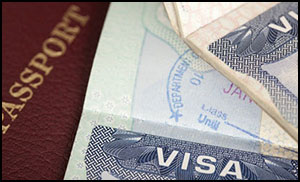
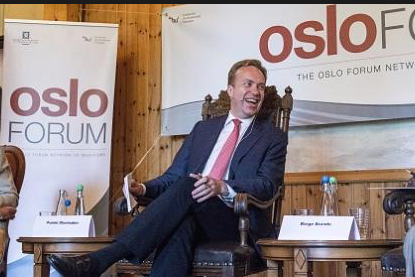
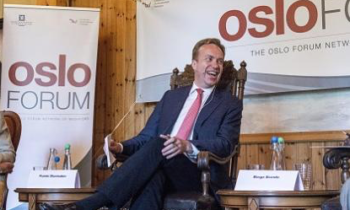 Oslo Forum 2017 opened Tuesday with participation of officials from numerous countries and international organisations, including Iran’s Foreign Minister, the US former Secretary of State, Indonesia and Norway Ministers of Foreign Affairs.
Oslo Forum 2017 opened Tuesday with participation of officials from numerous countries and international organisations, including Iran’s Foreign Minister, the US former Secretary of State, Indonesia and Norway Ministers of Foreign Affairs.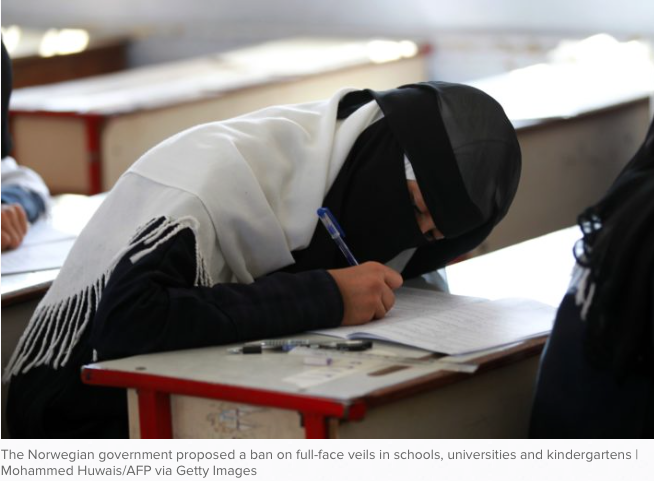
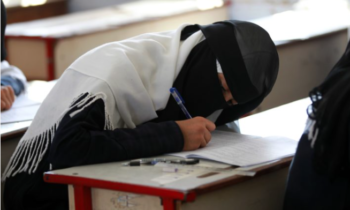 Everyone should be able to see each other’s faces, the government argues.
Everyone should be able to see each other’s faces, the government argues.
 Carbon Clean Solutions Limited (CCSL) has won key carbon dioxide (CO2) capture content study contracts in Norway.
Carbon Clean Solutions Limited (CCSL) has won key carbon dioxide (CO2) capture content study contracts in Norway.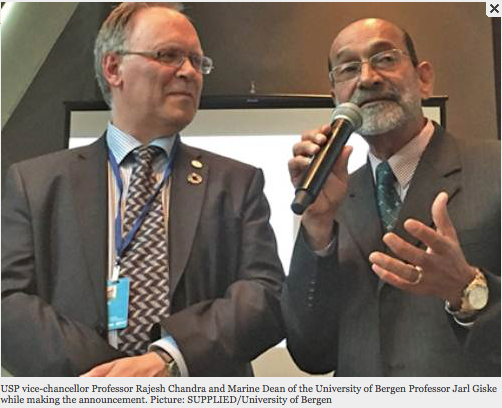
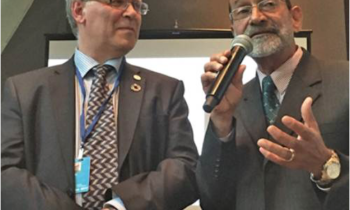 FIJI’S University of the South Pacific and Norway’s University of Bergen will establish a high-profile Joint Chair in Oceans and Climate Change to be hosted at USP’s Laucala Campus in Suva.
FIJI’S University of the South Pacific and Norway’s University of Bergen will establish a high-profile Joint Chair in Oceans and Climate Change to be hosted at USP’s Laucala Campus in Suva.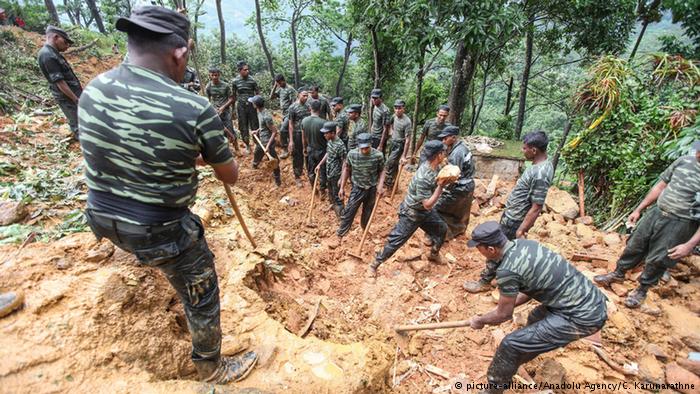
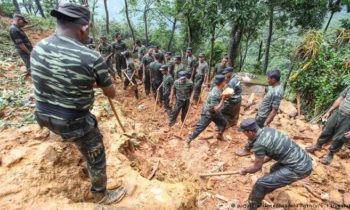 The Norwegian Foreign Minister, Børge Brende, has announced that Norway will contribute with NOK 10 million (LKR 180 million/USD 1.2 million) to the humanitarian relief effort due to floods and landslides in Sri Lanka.
The Norwegian Foreign Minister, Børge Brende, has announced that Norway will contribute with NOK 10 million (LKR 180 million/USD 1.2 million) to the humanitarian relief effort due to floods and landslides in Sri Lanka.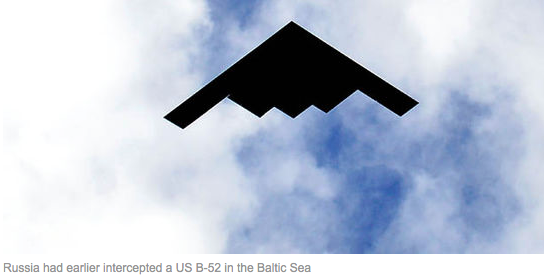
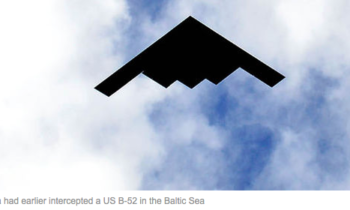 A RUSSIAN fighter jet has been scrambled to intercept a Norwegian patrol plane flying above the Arctic ocean with its transponder reportedly switched off.
A RUSSIAN fighter jet has been scrambled to intercept a Norwegian patrol plane flying above the Arctic ocean with its transponder reportedly switched off.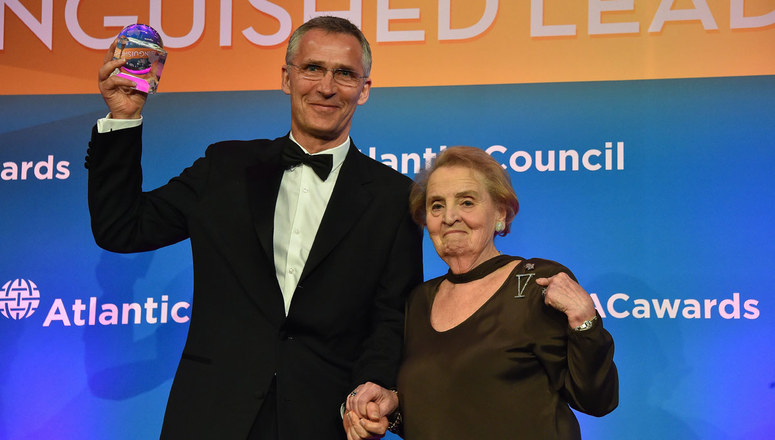
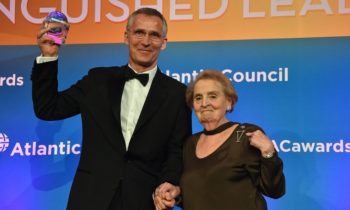 NATO Secretary General Jens Stoltenberg was honoured by the Atlantic Council on Monday (5 June 2017) with a Distinguished International Leadership Award for his service both as Secretary General and as Prime Minister of Norway. At the awards ceremony in Washington DC, the Secretary General called on Europe and North America to ”keep our Alliance strong.”
NATO Secretary General Jens Stoltenberg was honoured by the Atlantic Council on Monday (5 June 2017) with a Distinguished International Leadership Award for his service both as Secretary General and as Prime Minister of Norway. At the awards ceremony in Washington DC, the Secretary General called on Europe and North America to ”keep our Alliance strong.”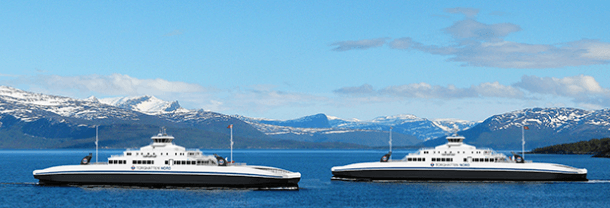
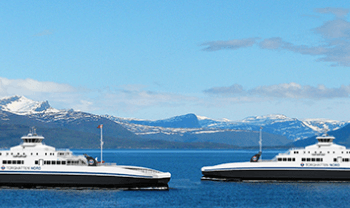 Rolls-Royce has
Rolls-Royce has 
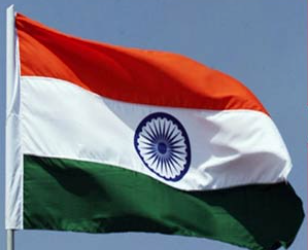
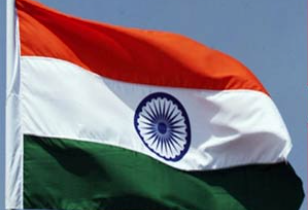 Indian Union Minister of State for Parliamentary Affairs and Agriculture and Farmers Welfare S. S. Ahluwalia
Indian Union Minister of State for Parliamentary Affairs and Agriculture and Farmers Welfare S. S. Ahluwalia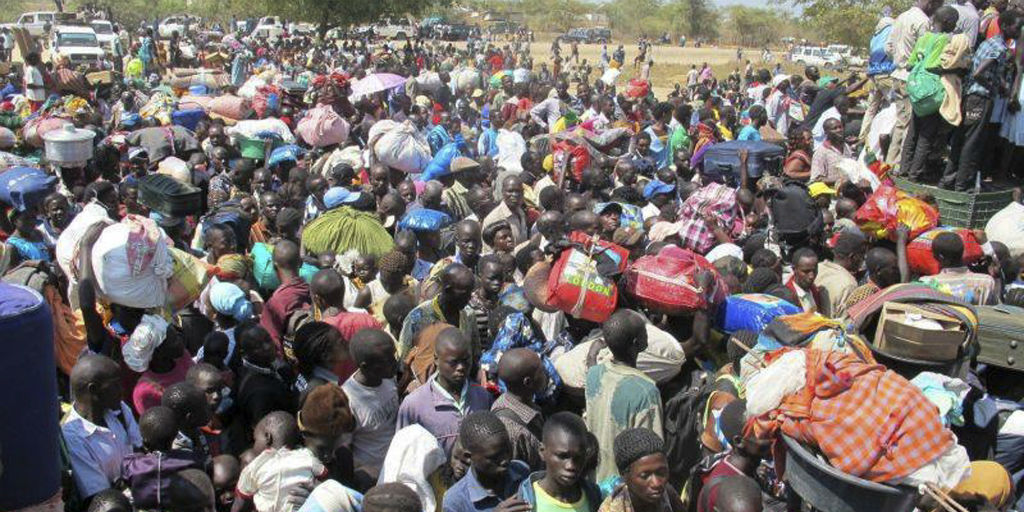
 South Sudan’s civil war has been ranked fourth on the list of the world’s ten most neglected displacement crises, a 2017 report released by the Norwegian Refugee Council(NRC) has shown.
South Sudan’s civil war has been ranked fourth on the list of the world’s ten most neglected displacement crises, a 2017 report released by the Norwegian Refugee Council(NRC) has shown.


 Norwegian electronic communications regulator Nkom said that Telenor Norway must reduce its wholesale prices for operators which to lease capacity on its mobile network. The aim is to improve the conditions for a competitive market by enabling smaller players to compete. Every six months, Nkom runs a margin squeeze test of Telenor’s current products.
Norwegian electronic communications regulator Nkom said that Telenor Norway must reduce its wholesale prices for operators which to lease capacity on its mobile network. The aim is to improve the conditions for a competitive market by enabling smaller players to compete. Every six months, Nkom runs a margin squeeze test of Telenor’s current products.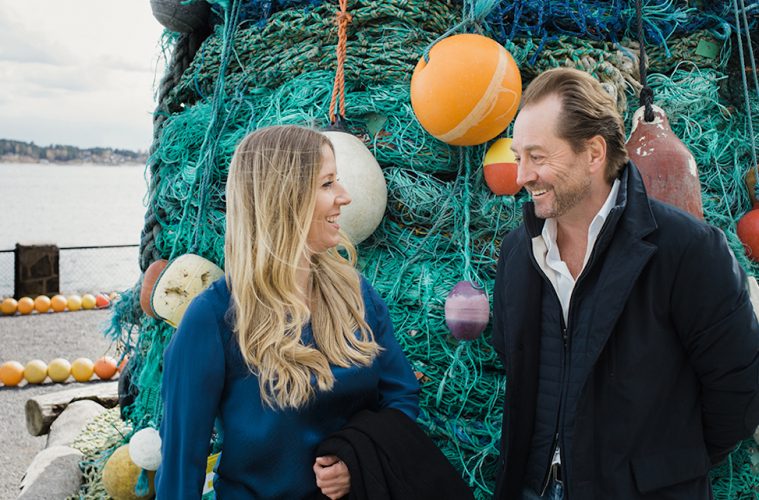
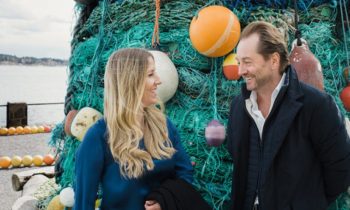 Wealth is an interesting thing. Some people hold onto every penny for their entire lives just for the sake of it. It becomes a burden when they pass away, their family agonizing over its dispersal more than their death.
Wealth is an interesting thing. Some people hold onto every penny for their entire lives just for the sake of it. It becomes a burden when they pass away, their family agonizing over its dispersal more than their death.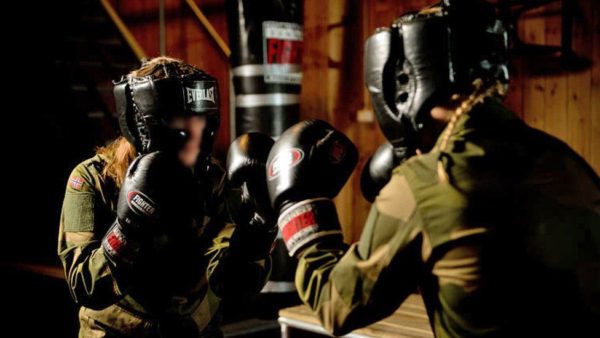
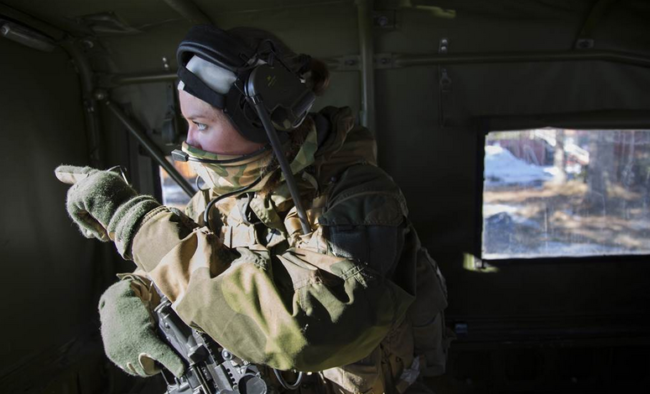 Women in military is certainly not a new concept, but women in special elite units and combat roles definitely it. In 2016, the US military finally allowed women to apply for combat positions in all branches, where they were previously barred from. And with women only making up 14% of military personnel but
Women in military is certainly not a new concept, but women in special elite units and combat roles definitely it. In 2016, the US military finally allowed women to apply for combat positions in all branches, where they were previously barred from. And with women only making up 14% of military personnel but 


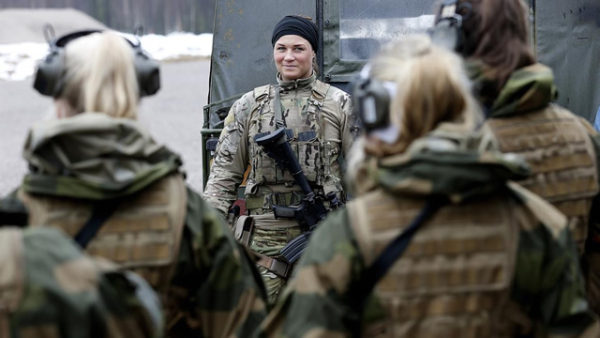

 Norway is considering introducing “uniformed police profiles” which would patrol Facebook looking for criminal activity.
Norway is considering introducing “uniformed police profiles” which would patrol Facebook looking for criminal activity.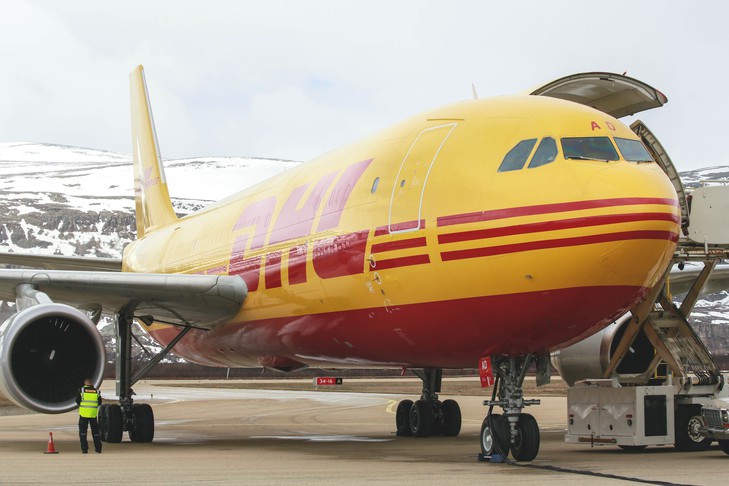
 DHL Global Forwarding is accelerating Norway’s seafood supply chain by shipping live crabs and other seafood on dedicated weekly flights from Oslo to Asia and Northern America.
DHL Global Forwarding is accelerating Norway’s seafood supply chain by shipping live crabs and other seafood on dedicated weekly flights from Oslo to Asia and Northern America.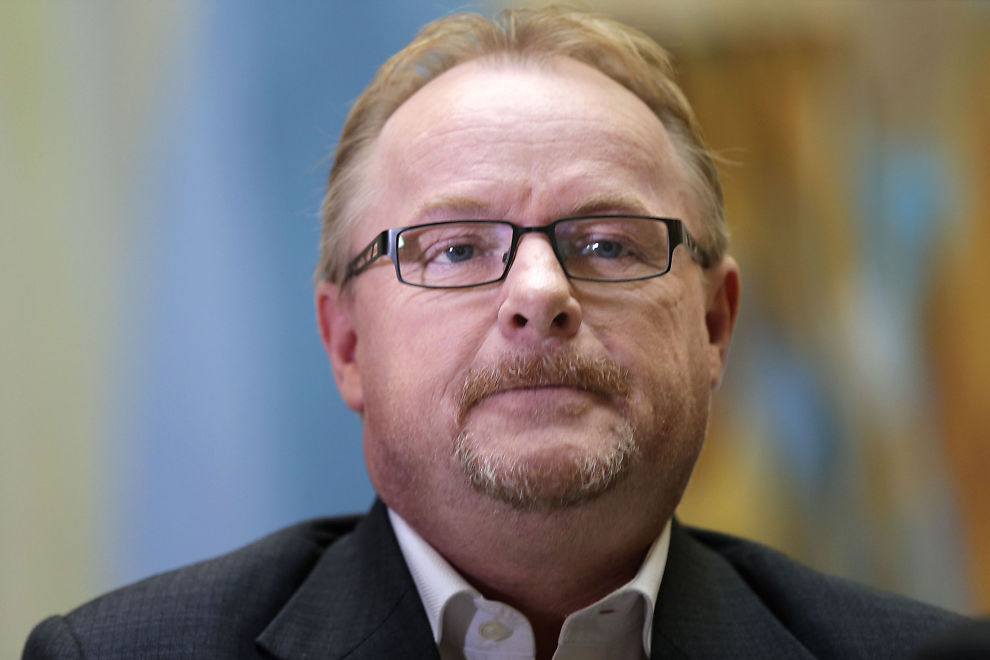
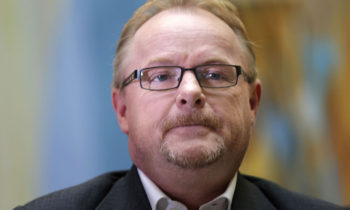 NORWAY and China yesterday moved closer towards restoring normal fish exporting relations following a visit to Beijing by Norway’s fisheries minister.
NORWAY and China yesterday moved closer towards restoring normal fish exporting relations following a visit to Beijing by Norway’s fisheries minister.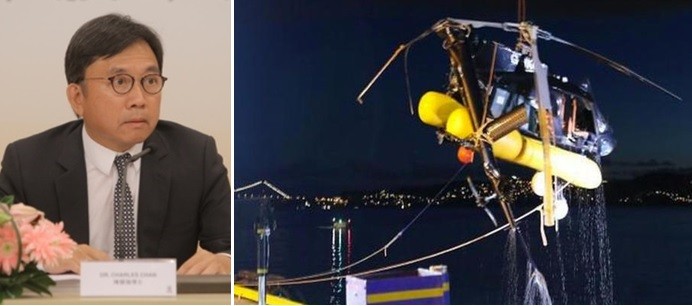
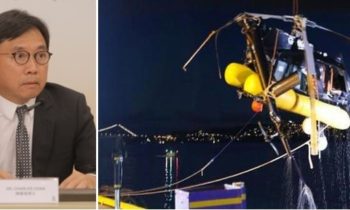 TVB chairman Charles Chan had a narrow escape in a helicopter crash in Norway a week ago when he was believed to be on vacation in the Nordic country.
TVB chairman Charles Chan had a narrow escape in a helicopter crash in Norway a week ago when he was believed to be on vacation in the Nordic country.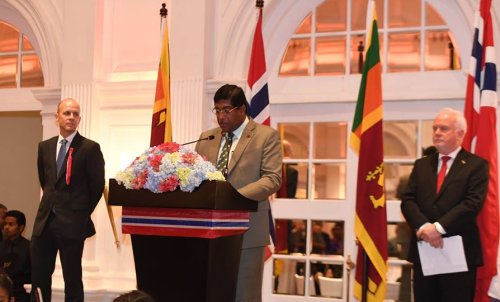
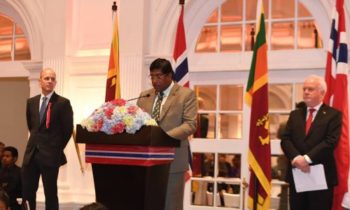 Sri Lanka-Norway diplomatic relations spanning over 60 years since 1950 have entered a new and dynamic phase strengthening the relations and bilateral cooperation between the two countries, Finance Minister Ravi Karunanayake said.
Sri Lanka-Norway diplomatic relations spanning over 60 years since 1950 have entered a new and dynamic phase strengthening the relations and bilateral cooperation between the two countries, Finance Minister Ravi Karunanayake said.
 A man with dual Norwegian and British citizenship who had been sentenced to life in prison for murder in the Democratic Republic of the Congo has been freed on humanitarian grounds and returned to the Scandinavian country, authorities said Wednesday.
A man with dual Norwegian and British citizenship who had been sentenced to life in prison for murder in the Democratic Republic of the Congo has been freed on humanitarian grounds and returned to the Scandinavian country, authorities said Wednesday.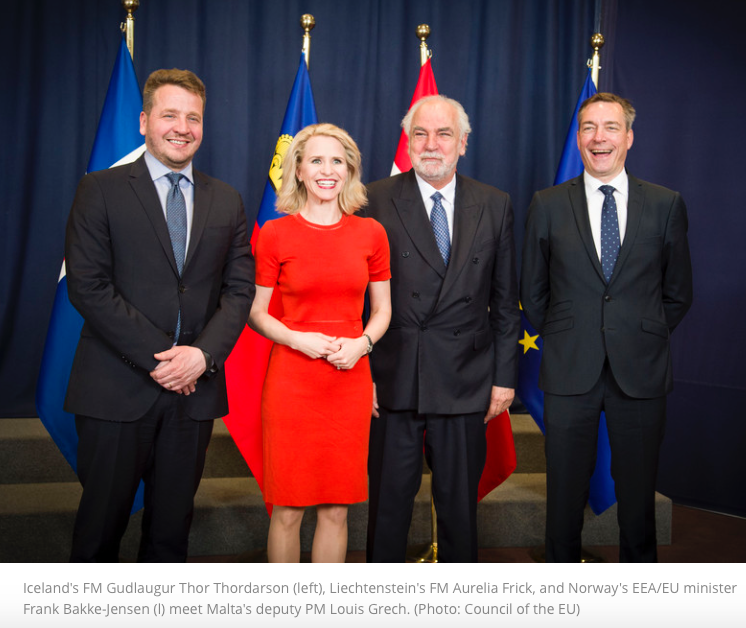
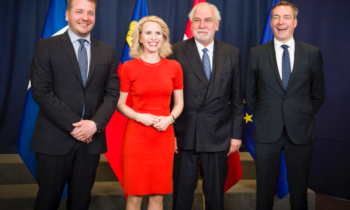 Iceland, Lichtenstein, and Norway want to be part of the EU’s transitional deal with the UK after the latter leaves the bloc in April 2019.
Iceland, Lichtenstein, and Norway want to be part of the EU’s transitional deal with the UK after the latter leaves the bloc in April 2019.